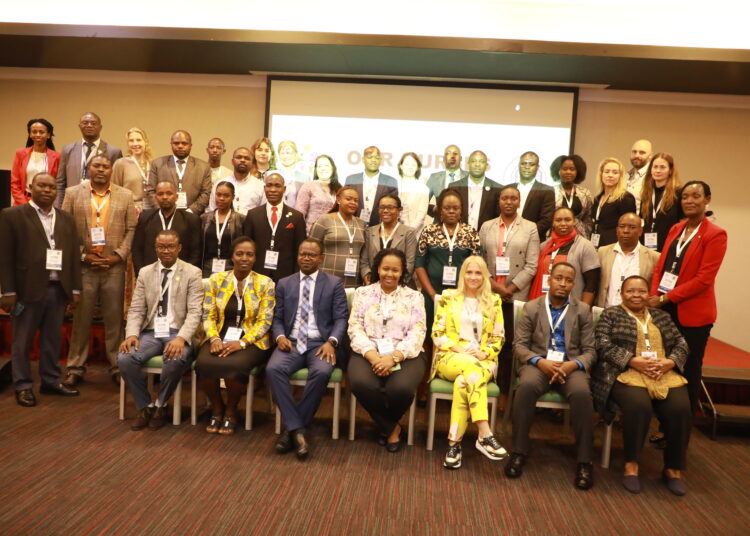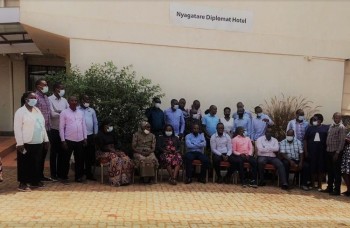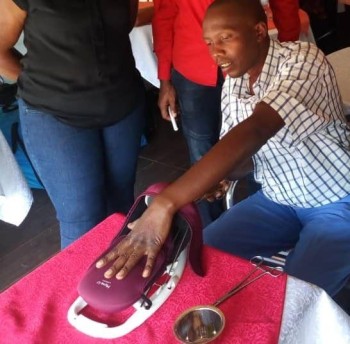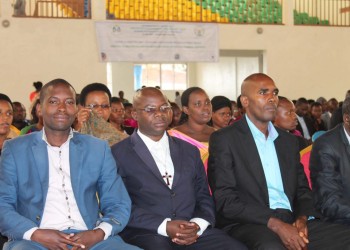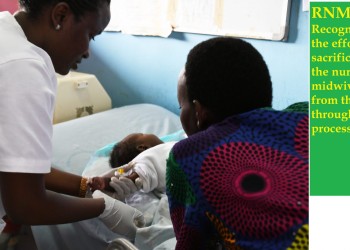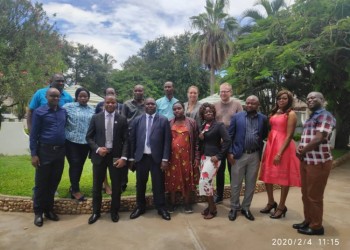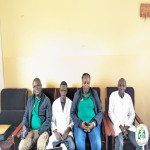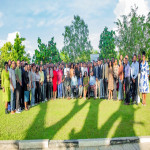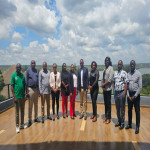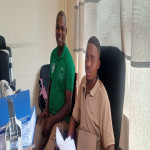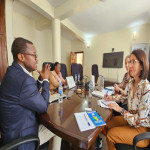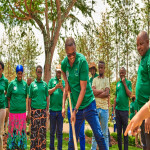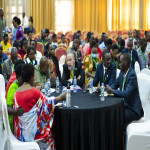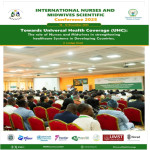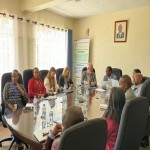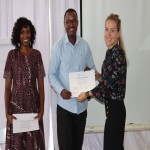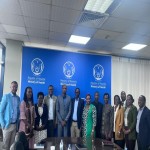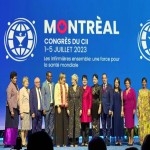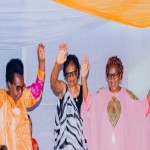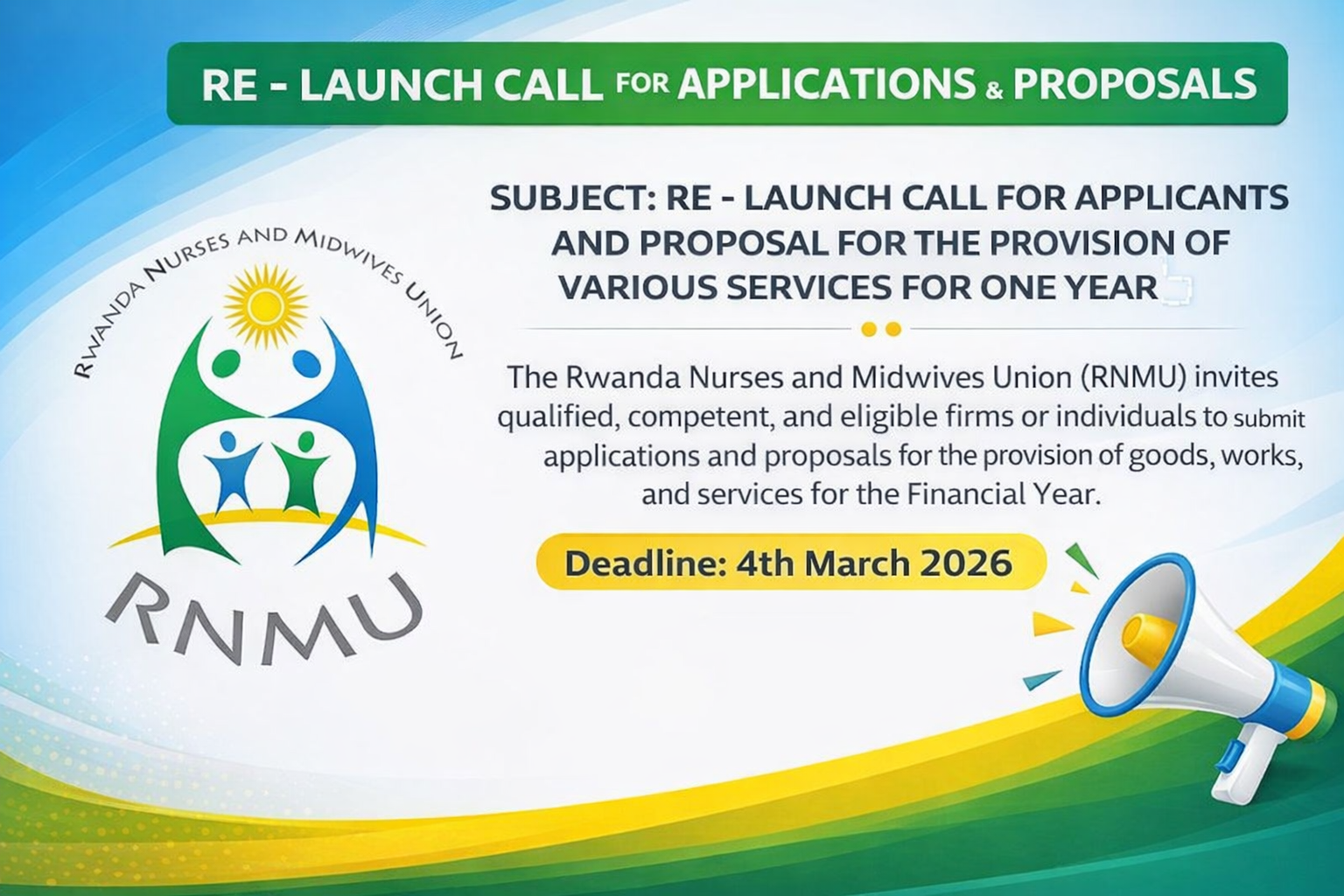Rwanda Nurses and Midwives Union (RNMU) in partnership with Norwegian Nurses Organization (NNO) from 22nd march 2023 to 24th march 2023 successfully held a professional seminar that brought together nursing leaders from Rwanda, Tanzania, Zambia, Malawi, Zimbabwe, Norway, academia, civil society and Government.
Organized under the theme “Nurses: A Voice to Lead – Invest in Nursing to Close the Gap” various discussions were held focusing on the four policy areas of the SDNM – Education, Jobs, Leadership and Service.
The various topics centered around;
- The tactics (shorter term) and strategies (longer term) the nurses’ organizations and unions can use to accelerate effective realization of the directions and policy priorities of the SDNM and the recommendations of the SOWN?
- A voice to lead – the SDGs and universal health coverage can only be realized with the leadership of the nursing workforce
- Preparing for the population’s emerging and future health needs – and the next pandemic

Ms Larsen Lill S., the President of NNO in an interview with the media

Permanent Secretary of the Ministry of Health Mr Zachee Iyakaremye
It should be noted that the recent UN blueprint to galvanize action towards the Sustainable Development Goals (SDGs) states that the world is at its biggest shared test since World War II and that humanity faces a “stark and urgent choice: a breakdown or a breakthrough” In his opening remarks, Mr Zachee Iyakaremye the Permanent Secretary in the ministry of health assured nurses that the ministry recognizes their effort in contributing to public health. It calls for the world to come together for the common good.
The International Council of Nurses (ICN) supports that call and recognizes that nurses, as the primary providers of healthcare to all communities in all settings, have an enormous and pivotal role to play.
 While addressing the seminar, the President of ICN Dr Pamela Cipriano promised to continuously present issues that affect nurses to WHO and all key global stakeholders. She emphasized that a world without nurses would be a sick one hence called upon for increased investment in nursing so as to close the gap.
While addressing the seminar, the President of ICN Dr Pamela Cipriano promised to continuously present issues that affect nurses to WHO and all key global stakeholders. She emphasized that a world without nurses would be a sick one hence called upon for increased investment in nursing so as to close the gap.
Nurses are key to the achievement of the SDGs. Additionally, to have nurses and midwives that are knowledgeable and forward-thinking leaders is also a prerequisite for the attainment of universal health coverage. This means involving nurses in more than just clinical practice. It includes involving nursing leadership in policy making, in economics and in reform at local, national, and global levels. Underinvestment and under-resourcing have placed the nursing profession in a very precarious place. Health systems don’t only need re-building, they need transformation.
Such transformation will require investment in nursing education, jobs, and leadership.
Nursing and midwifery leaders need skills to use professional nursing argumentation in discussions as leaders, be it related to clinical issues, human resources, finances,organizational- or logistical issues. Their actions make a difference and help shape decision‐making processes and healthcare policies.

Majority of Nurses and midwives are female, empowering that workforce is not only to give a chance for gender equity in the health sector but also to empower society at large
and helping in achieving UHC and SDGs.
The challenges facing the nursing profession are many and well documented, e.g., the global nursing shortage, the ageing nursing workforce, the mass trauma of nurses, the lack of protection, the increasing workloads, and low salaries. These critical issues have led to numerous calls for investment in the nursing workforce in order to meet current and future healthcare needs.
The complexity and the scope of lead
ership within the nursing and midwifery services are increasing, often without the necessary expertise, support and resources being provided. If the high expectations of the nursing and midwifery services are to be met, leaders must be able to lead, not just manage.

In 2020, the World Health Organization (WHO) published the first State of the World’s Nursing report. The report identified important gaps in the nursing workforce and priority areas for investment in nursing education, jobs, and leadership to strengthen nursing around the world and improve health for all.
In 2021, WHO issued its Global strategic directions for nursing and midwifery (SDNM) 2021-2025. These guidelines present evidence-based practices and an interrelated set of policy priorities that can help countries to ensure that nurses and midwives contribute to achieving universal health coverage and other population health goals in the best possible way.
In her closing remarks NNO President Lill Sverresdatter Larsen thanked delegates from the different countries for a good and informative seminar, rich with sharing and exchange of ideas and experience across boarders and continents.
 The student nurses who are proud of the future they are walking in to.
The student nurses who are proud of the future they are walking in to.
In her closing remarks NNO President Lill Sverresdatter Larsen thanked delegates from the different countries for a good and informative seminar, rich with sharing and exchange of ideas and experience across boarders and continents.

On the sidelines of the professional seminar delegates had a chance to visit various places like the National Council for Nurses and Midwives to learn about education, regulation and licensing of nurses and midwives in Rwanda, they visited local hospitals in order to experience the working environment of nurses in Rwanda, delegates also visited the Kigali Genocide Memorial Site and to crown it all a dinner was held for the delegates.
 Nyarugenge District Hospital
Nyarugenge District Hospital
 The National Council of Nurses and Midwives office
The National Council of Nurses and Midwives office


The Kigali Genocide Memorial
